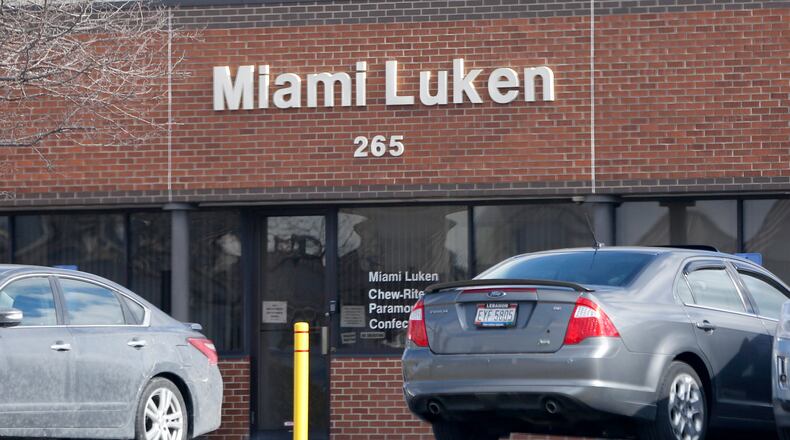The company is accused of distributing a volume of prescription opioids that it should have known was higher than what could be safely consumed in the small West Virginia towns it shipped to.
James Barclay, 74, was the former compliance officer and had been charged with conspiring to distribute controlled substances.
On Dec. 15, he pleaded guilty to a much lesser charge of misprison of a felony, which Reuters described as a rarely used charge that means he was aware of a felony but failed to report it.
U.S. District Judge Matthew McFarland accepted a plea deal under which Barclay will be sentenced to one year of probation, Reuters reported, and could revoke that acceptance of the deal after reviewing a probation officer’s report, but said that was “highly unlikely.”
Barclay’s attorney William Hughes of Porzio Bromberg & Newman declined to comment.
In 2019, the DOJ accused Barclay as well as former Miami-Luken president Anthony Rattini, and two West Virginia pharmacists of conspiring to distribute controlled substances. Rattini has since died, according to Reuters.
The now defunct pharmaceutical company distributed a small portion of the national supply. Federal data shows Miami-Luken sold about 120 million oxycodone and hydrocodone pills from 2006 to 2012, compared to McKesson, the largest distributor in the country, which sold 14 billion of the pills over that time frame.
However, in one example in court documents, Miami Luken’s customer Westside Pharmacy had an internal threshold of 6,000 doses of oxycodone a month, but in March 2011 Miami-Luken is accused of shipping 68,400 doses to Westside.
In another example, Tug Valley had an internal limit of 36,000 doses of hydrocodone per month, according to the documents. But the DOJ alleges in December 2013 that Miami-Luken distributed 67,200 doses of the opioid.
About the Author

